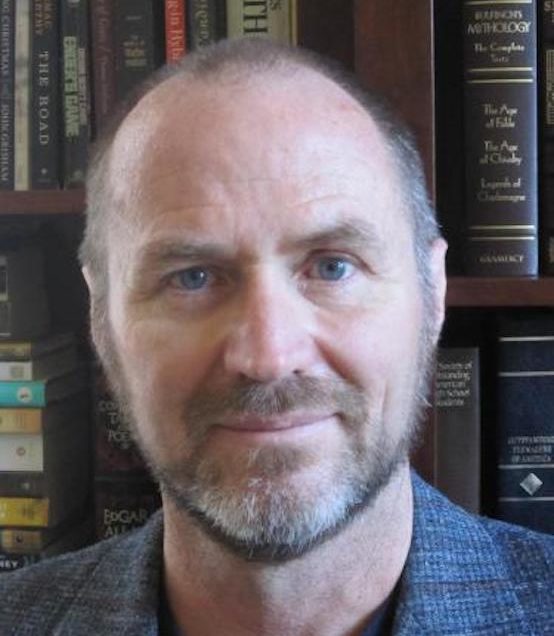Focus Area:
Remote Sensing, Earth & Space Science
Education:
PhD, Computer Science, Carnegie Mellon University
MS, Computer Science, Carnegie Mellon University
MS, Applied Mathematics, Michigan State University
BS, Mathematics, Michigan State University
Professional Experience:
2020 – Present, Program Manager, 5G-to-NextG Initiative, Office of the Undersecretary of Defense for Research and Engineering, US Department of Defense
2020 – Present, Research Professor, Aerospace Engineering Sciences, University of Colorado Boulder
2020 – Present, Senior Fellow, Silicon Flatirons Center, University of Colorado Boulder
2019 – 2020, Research Professor, Technology, Cybersecurity, and Policy Program, University of Colorado Boulder
2015 – 2019, Director, Institute for Telecommunication Sciences, National Telecommunications and Information Administration
2014 – 2015, Founder, Shavano Systems LLC
2011 – 2014, Program Manager, Strategic Technologies Office, Defense Advanced Research Projects Agency (DARPA)
2009 – 2010, Director, Computer Systems Research, SET Corporation, a Science Applications International Corporation Company
2007 – 2009, Director, Denver Advanced Technology Division, SET Corporation, a Science Applications International Corporation Company
2006 – 2007, Assistant Vice President and Division Manager, Science Applications International Corporation
2002 – 2006, Senior Scientist, Science Applications International Corporation
1998 – 2002, Senior Research Engineer, SRI International, Englewood, CO
1997 – 1998, Senior Systems Engineer, Computing Devices International (CDInt)
1995 – 1998, Senior Scientist, CTA Incorporated
1988 – 1995, Graduate Student and Research Assistant, School of Computer Science, Carnegie Mellon University
1980 – 1988, Staff Engineer, Martin Marietta Corporation
Awards (Selected):
Senior Fellow, Silicon Flatirons Center, University of Colorado Wolf School of Law
Research Interests:
RF noise measurement and analysis
Spectrum monitoring
Spectrum sharing
Internet of Things



